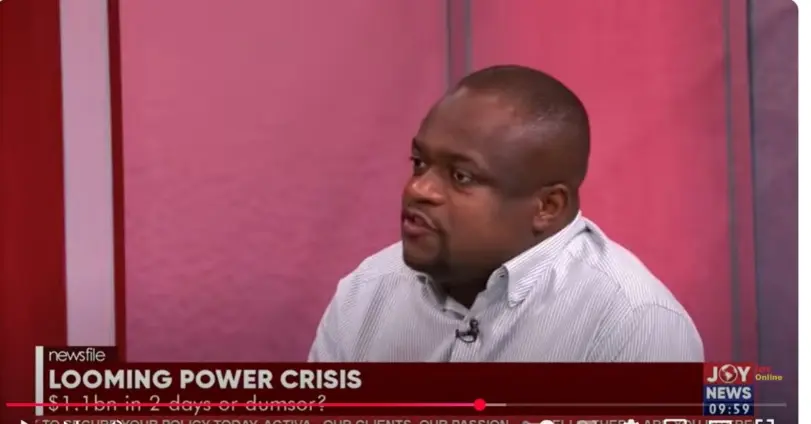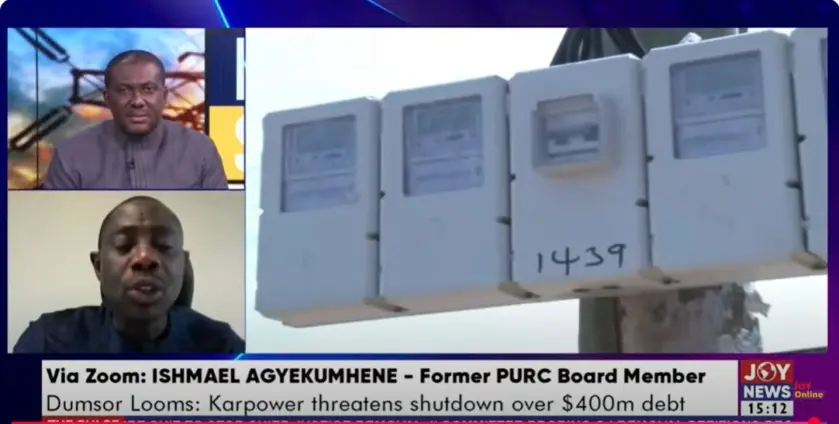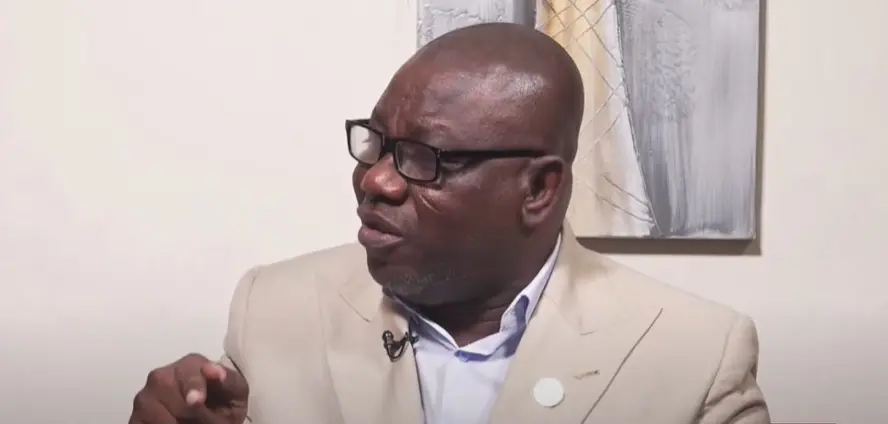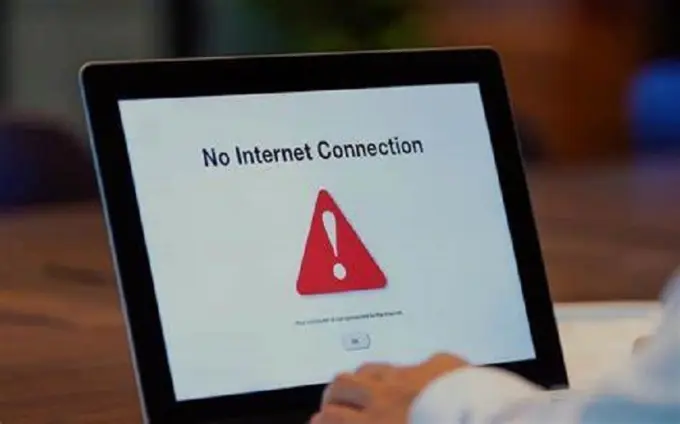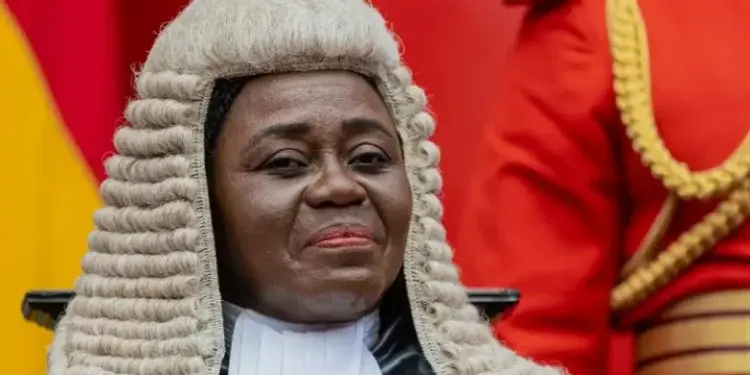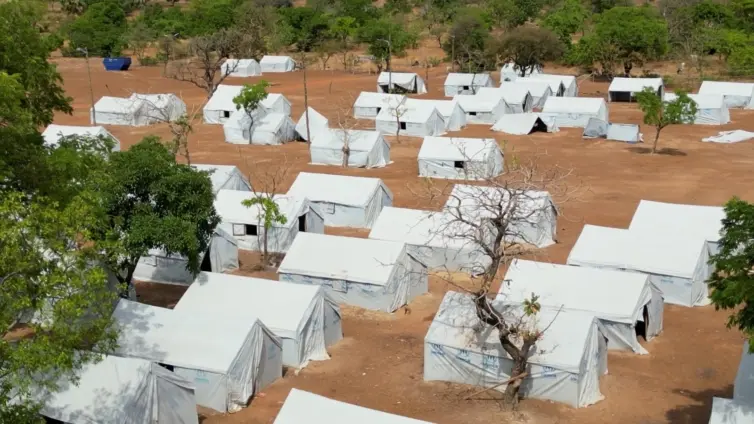Accra, Ghana – The lights flicker, then die, plunging homes and businesses into darkness. The familiar groan of generators fills the void as Ghanaians grapple once again with ‘Dumsor’—the persistent power outages that have plagued the nation for years. Public frustration is palpable, directed squarely at the government. But is this blame entirely justified? According to Professor Sharif Mahmoud Khalid, Economic Policy Advisor to the Vice President, the situation is far more complex than simple government negligence. He argues that the current Ghana power crisis stems from deep-rooted, systemic issues. This perspective, however, is challenged by figures like Ishmael Agyekumhene, Former Board Member of the Public Utilities Regulatory Commission (PURC), who points fingers at the Energy Minister for failing to secure adequate fuel supplies.
This article seeks to navigate the conflicting narratives surrounding the Ghana power crisis, examining the arguments of both Prof. Khalid and Ishmael Agyekumhene to offer a balanced understanding of this multifaceted problem and the question of government accountability.
Prof. Khalid’s Defense of the Government
Professor Khalid contends that holding the government solely responsible for the Ghana power crisis is an oversimplification. He emphasizes the weight of inherited problems and systemic inefficiencies that have long burdened the energy sector.
A central element of Prof. Khalid’s argument revolves around the Electricity Company of Ghana (ECG) and its precarious financial position. He highlights the enormous financial burden on ECG, including a legacy of outstanding debts and a severely constrained budget. As he puts it, “I looked at the list of debts ECG has to pay and their budget allocation and there’s no headroom to even negotiate properly…” This lack of financial flexibility, he argues, severely limits ECG’s ability to address critical infrastructure needs and improve service delivery.
Furthermore, Prof. Khalid underscores what he sees as the government’s commitment to transparency in tackling the issue. He contrasts the current administration’s approach with past practices, stating, “In the past, we were denied access to the full picture…but today we have a Minister and a President who are tackling the issue head-on…” He points to the Energy Minister’s regular public updates on the power situation and the Ministry of Finance’s efforts to provide financial support as evidence of this commitment.
Beyond financial constraints, Prof. Khalid also points to deep-seated inefficiencies within the power sector itself. These include issues such as power distribution losses, energy theft, and fragmented revenue collection systems. “ECG is a beast in and of itself,” he observes, suggesting that reforming the company and streamlining its operations is a monumental task that requires sustained effort and strategic interventions.
Agyekumhene’s Criticism of the Energy Minister
In contrast to Prof. Khalid’s defense, Ishmael Agyekumhene directs criticism specifically at the Energy Minister, accusing him of failing to ensure a stable supply of liquid fuel for power generation.
Agyekumhene’s most pointed criticism centers on what he perceives as a critical shortfall in liquid fuel reserves. He questions the Minister’s handling of fuel procurement, stating, “Telling us today that we have only two and a half days of liquid fuel? …The Minister should stop giving excuses…” This alleged lack of preparedness, according to Agyekumhene, is a primary driver of the recurring power outages.
Agyekumhene goes further, calling for the Energy Minister to take full responsibility for the worsening Ghana power crisis. He argues that leadership and accountability are essential to finding a lasting solution and restoring public trust in the energy sector.
Analyzing the Arguments: Is Blame Justified?
The debate between Prof. Khalid and Ishmael Agyekumhene highlights the complexities inherent in the Ghana power crisis. While both perspectives offer valuable insights, neither provides a complete picture. The problem is multifaceted, involving a combination of long-term systemic issues and immediate operational challenges.
It is undeniable that Ghana’s energy sector faces significant challenges, including aging infrastructure, financial constraints, and governance issues. These problems have accumulated over many years and cannot be resolved overnight. However, the immediate need for reliable power demands effective leadership and decisive action from those in charge.
Potential solutions require long-term planning, strategic investments, and a commitment to good governance. As reported by the Ghana News Agency, Ing. Amissah-Arthur stated that “Inaction is the main cause of challenge in power sector.”
Conclusion
The opposing viewpoints of Prof. Khalid and Ishmael Agyekumhene underscore the intricate nature of the Ghana power crisis. While Prof. Khalid emphasizes the systemic and inherited challenges, Agyekumhene focuses on the current administration’s responsibility to ensure a stable power supply. Ultimately, assigning blame is less important than finding sustainable Ghana power crisis solutions. Addressing the crisis requires a collaborative approach, involving government, industry, and the public, to implement effective reforms and build a more resilient energy sector. True government accountability must extend to a commitment to sustained improvement and transparency in the years to come.
Image Source: MYJOYONLINE

